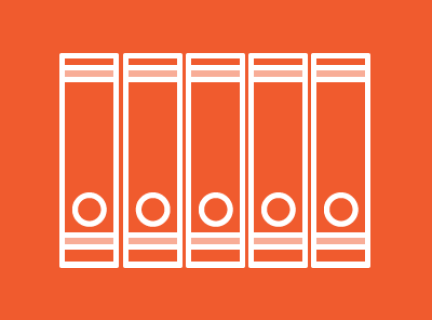Canadian Elections
A federal election has been called for Monday, April 28, 2025.
For in-depth election information (including key dates, voting options, new electoral districts, and more), please see:
- Elections Canada 2025 Federal Election Website
- Guide to the Federal Election booklet
- Has everything you need to know about voting in this election.
- Will be mailed to all households on April 14, 2025.
- Is available in multiple languages (33 heritage and 16 Indigenous).
Quick Links:
- Ways to Vote
- Find Your Electoral District
- Key Dates
- ID To Vote
- Check if Your Are Registered to Vote
- Accessibility Information
- FAQs
Every Vote Counts
For those who remember the 2024 BC Provincial election, you will know that only 22 votes led to the NDP’s majority government. It was a wonderful example of why every vote counts. For the 2025 federal election, there is a time and place for everyone to vote so please consider making your voice heard. You can read our Every Vote Counts section below for all the information you need to vote.
Every Vote Counts - How, When and Where To Vote
With the April 28th federal election now underway, below are the key deadlines to help you plan where and when to vote. You can also find this information on Elections Canada Ways To Vote website.
Registering to Vote
To vote in a federal election, you must be registered on the list of electors.
- Register in advance at Elections Canada’s Online Registration Service.
- If you register in advance at the correct address, you will receive a voter information card in the mail. This card tells you when, where, and the ways to vote.
- Deadline to register in advance: April 22, 6 p.m. (local time)
- You can also register at your polling station when you go to vote.
Voting at an Elections Canada Office
- You can vote early at any Elections Canada office across the country by April 22, 6:00 p.m. (local time).
Voting on Participating Campuses
- Campus voting services will be available from April 13 to 16. The hours of operation are:
- Sunday, April 13, from 12 p.m. to 6 p.m.
- Monday, April 14, Tuesday April 15, and Wednesday, April 16, from 9 a.m. to 9 p.m.
Voting by Special Ballot
Any elector who cannot or does not want to vote at an advance or election day poll can apply to vote by special ballot. You can apply to vote by mail on the Elections Canada website. With a special ballot, you can vote by mail or in person at any Elections Canada office.
- Apply to vote by special ballot as soon as possible. You must submit your completed application by April 22, 6 p.m. (local time). We strongly recommend not to wait until then to apply.
- To be counted, completed special ballots must arrive at Elections Canada in Ottawa by election day, Monday, April 28, 6 p.m., Eastern time.
- Once you’ve applied and been accepted for a special ballot, this will be your only way to vote; you cannot vote at advance polls or on election day.
For Assistance at the Polls
To request voting assistance in advance, including language and sign language interpretation, call the Elections Canada office in your riding by the Tuesday before election day, April 22, 6 p.m.(local time). You can find the number:
- On your voter information card
- By entering your postal code into the Voter Information Service box at elections.ca
- By calling Elections Canada at 1-800-463-6868 or 1-800-361-8935 (TTY)
If you require service in a language other than English or French: Visit elections.ca for voting information in multiple languages. Call Elections Canada at 1-800-463-6868 or 1-800-361-8935 (TTY). We offer language interpretation services by phone. Call your local Elections Canada office ahead of time to request language interpretation at your assigned polling station on election day.
For Canadians Living Abroad
- If you reside abroad, you can apply to vote by special ballot anytime. To be counted, your completed special ballot must arrive at Elections Canada in Ottawa by election day, Monday, April 28, 6 p.m., Eastern time.
Stay Informed
Don’t miss these important deadlines to ensure your voice is heard!
Past Elections
The last federal election was held on September 20, 2021, resulting in a Liberal minority government led by Justin Trudeau. Trudeau resigned as Prime Minister on March 14, 2025 and Mark Carney (who won the Liberal Leadership race) was sworn in as Canada's 24th prime minister on the same day.
Electoral Process
Federal general elections in Canada are typically held every four years on the the third Monday in October. The purpose of the election is to select, by way of a public vote, 338 individuals to fill the 338 seats in the House of Commons. (The number of seats will be increasing to 342 after the 2025 election.) The individuals who receive the most votes in their electoral district become Members of Parliament (MP) and so serve in the next session of the Canadian Parliament. Generally, the leader of the political party with the most seats (i.e., MPs who are affiliated with that party) becomes the country's Prime Minister. In each election, Canadian citizens can vote for 1 MP candidate in their electoral district.
Political Parties
A complete list of registered political parties with contact info and links to official party websites can be found on the Elections Canada website. Specific details about each party's electoral platform and current leadership can be found on their respective websites. The five parties listed below hold seats in the 44th Canadian Parliament.



